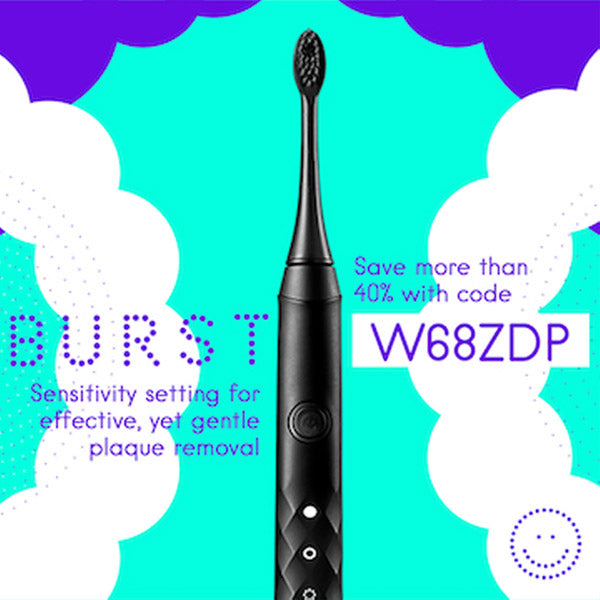The Importance of Oral Care During Cancer Treatment - Tips to Prevent Infections

Thank you, Coping with Cancer Magazine, for publishing Jill's article about infection prevention through oral care!
By Jill Meyer-Lippert, RDH
June 2023
Chemotherapy and other treatments for cancer can lower blood cell counts, including white blood cells (WBCs) that fight infection. When WBCs fall below a certain level, known as neutropenia, patients become susceptible to developing a variety of (bacterial, fungal, and viral) infections. If you are at risk for neutropenia, it is important to take extra precautions to prevent infections that could lead to a potentially life-threatening condition called sepsis.
Ways to avoid sepsis include good hygiene, preventing cuts, avoiding germs from others, and monitoring for early signs of infection. Paying special attention to your mouth is an important aspect of infection prevention.
People with cancer that enter into treatments with poor oral health are at elevated risk because untreated cavities, broken teeth, and gum disease can develop into infections that may spread from the mouth to other areas of the body. Therefore, it is ideal to see a dentist prior to starting treatments to make sure there are no dental concerns that need to be fixed.
Being proactive with your oral care
Proactive dental care can resolve problems before WBCs are affected. Continue professional dental care during treatments with the approval of your oncologist. If blood counts fall too low, you may be advised to delay dental appointments until they have returned to safer numbers.
The sticky dental plaque that builds up on teeth and gum tissue contains a variety of germs. Breathing in these germs can lead to respiratory infections, like hospital-acquired pneumonia, which is a serious complication.
It’s important to remove plaque as thoroughly and gently as possible each day while avoiding tissue trauma because these germs can also enter into mouth sores or any cuts in the tissue to spread further.
Clean your teeth, tongue, and gums by brushing morning and night and after meals with an extra-soft, compact head toothbrush. Soften the bristles under hot water as needed. Protect tissue by using gentle, circular strokes and avoid vigorous, heavy-handed scrubbing.
Germs thrive on wet surfaces, so it’s best to allow your toothbrush to dry thoroughly between uses or switch between two brushes if needed. Replace your toothbrush at the first sign of bending or fraying of the bristles because damaged bristles cannot remove plaque effectively.
Use floss, water flossers, and other devices to clean between your teeth (where toothbrush bristles can’t reach) only with the approval of your oncology healthcare team, which will depend on blood counts. Your dental hygienist should demonstrate the proper use to avoid cutting the tissue.





